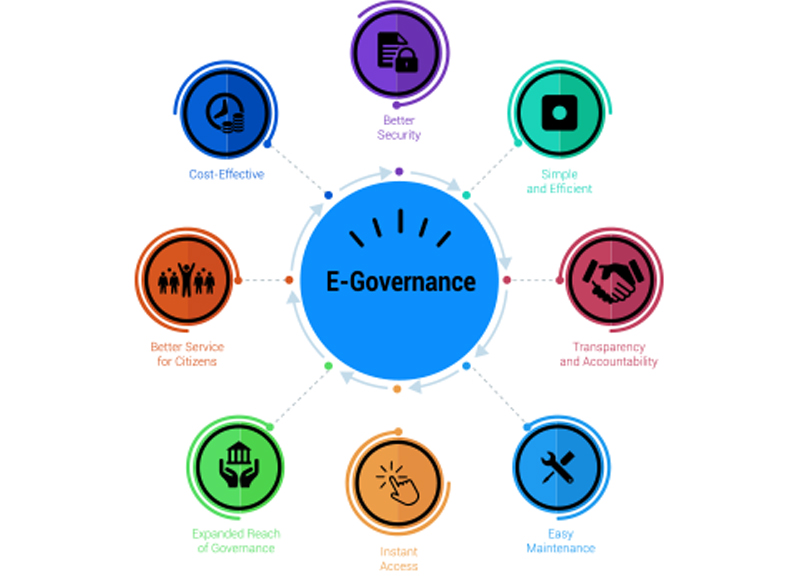e-Governance was a dream not long ago, but consistent efforts from the GoI have made it possible on a national level. From appointments in offices to Aadhaar cards to gas bookings to check-ins at airports, all are in online mode with a proper feedback mechanism in place. The same is the story at banks, where contactless cash deposits and digital payment modes are standard now. The way the digital revolution has eased daily life is beyond the ability of words to describe. Our UT of Jammu and Kashmir is not far behind, with no more annual darbar moves, different portals to do the official work in digital mode, and efforts to make the Civil Secretariat virtually a no-visit zone with every public grievance sorted out in online mode. To give impetus to this mission, 445 services have been brought under the PSGA Act to ensure hassle-free services. Departments have been instructed to do the required groundwork to implement these orders with immediate effect. It took time, but things are settling down nicely as per the conceived plans. Administration has been monitoring the progress, and bottlenecks, if any, are being removed immediately. e-UNNAT (Jan Sugam) has been a boon for the public, the services offered are being delivered within time. Not only this, but the Rapid Assessment System (RAS) is there to get feedback about the satisfaction level of the services ordered. Services offered under PSGA include power and water connections, the availing of documents like income, domicile, category, birth certificates, death certificates, and benefits like old age and widow pensions, besides scholarships under various social security schemes, for a total of 445 services in all. All these are basic functions for which the public used to visit offices numerous times to get the files moving. Time has changed, and the LG Administration, with a zeal to serve the public, is trying various methods to ensure all these things are delivered to the doorsteps of the people. No more delays with pervasive excuses; fructified results are being ensured.
Furtive, staid methods are being avoided, and transparency is the new norm. Not satisfied with only having an online mode for these 445 services, the LG Administration has put all of them in automatic appeal mode. Timelines have been set for each service; any delay will automatically escalate the matter to the next level by way of an automatic appeal to the appellate authority assigned. This will ensure transparency and fairness, with no room for egregious denial of services. A gander at the data available confirms the intended results have been achieved; district after district, almost 90 percent of the applications received have been processed within the set timeframe with negligible rejections. The only drawback is that the public now has no direct contact with officials to understand why the application has been rejected. It has to be done through the Rapid Assessment System (RAS) only. But the net results are very encouraging, and the Chief Secretary has directed officials to expedite the auto-appeal feature for all 445 online services to root out any chances of corruption. All this has been an onerous task, and the whole team of officials involved deserves appreciation. Step by step, the administration has been able to deliver things that just seemed impossible to implement.


